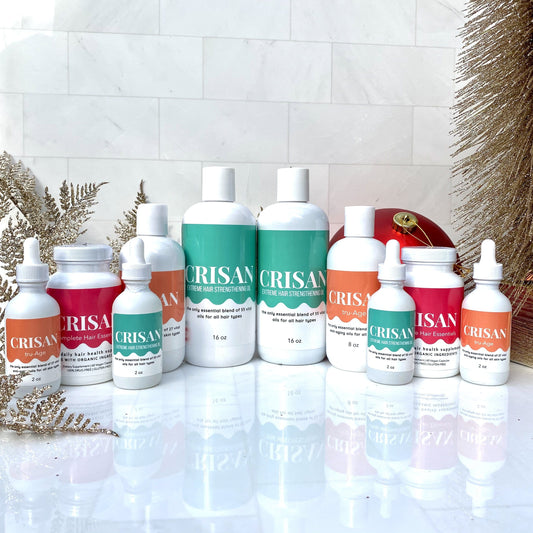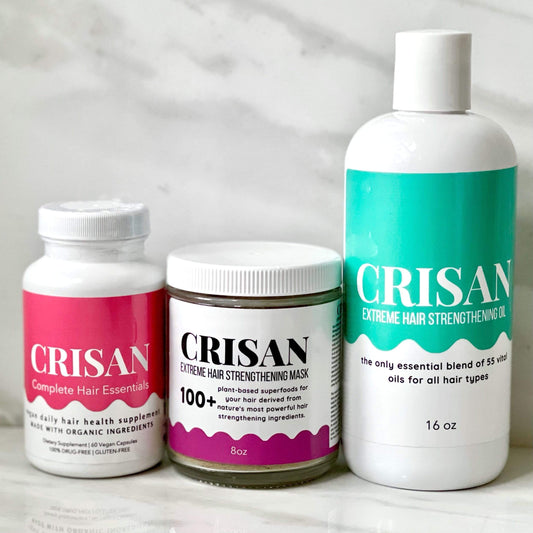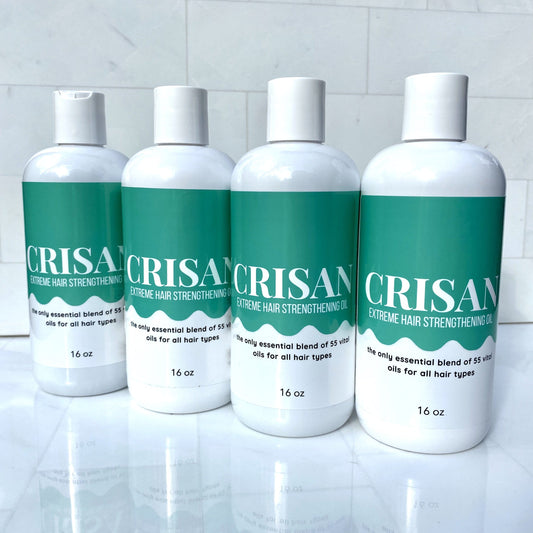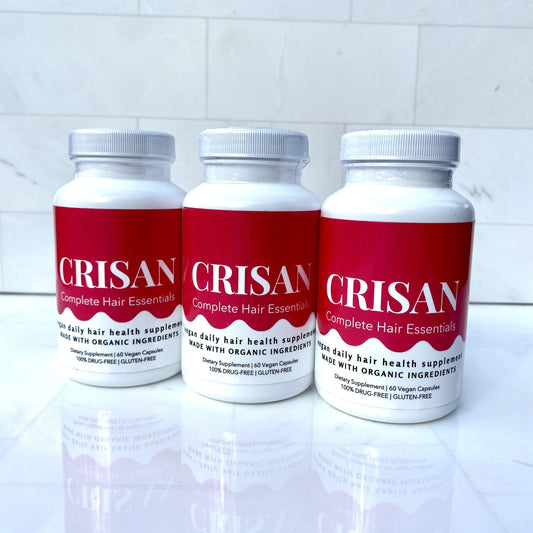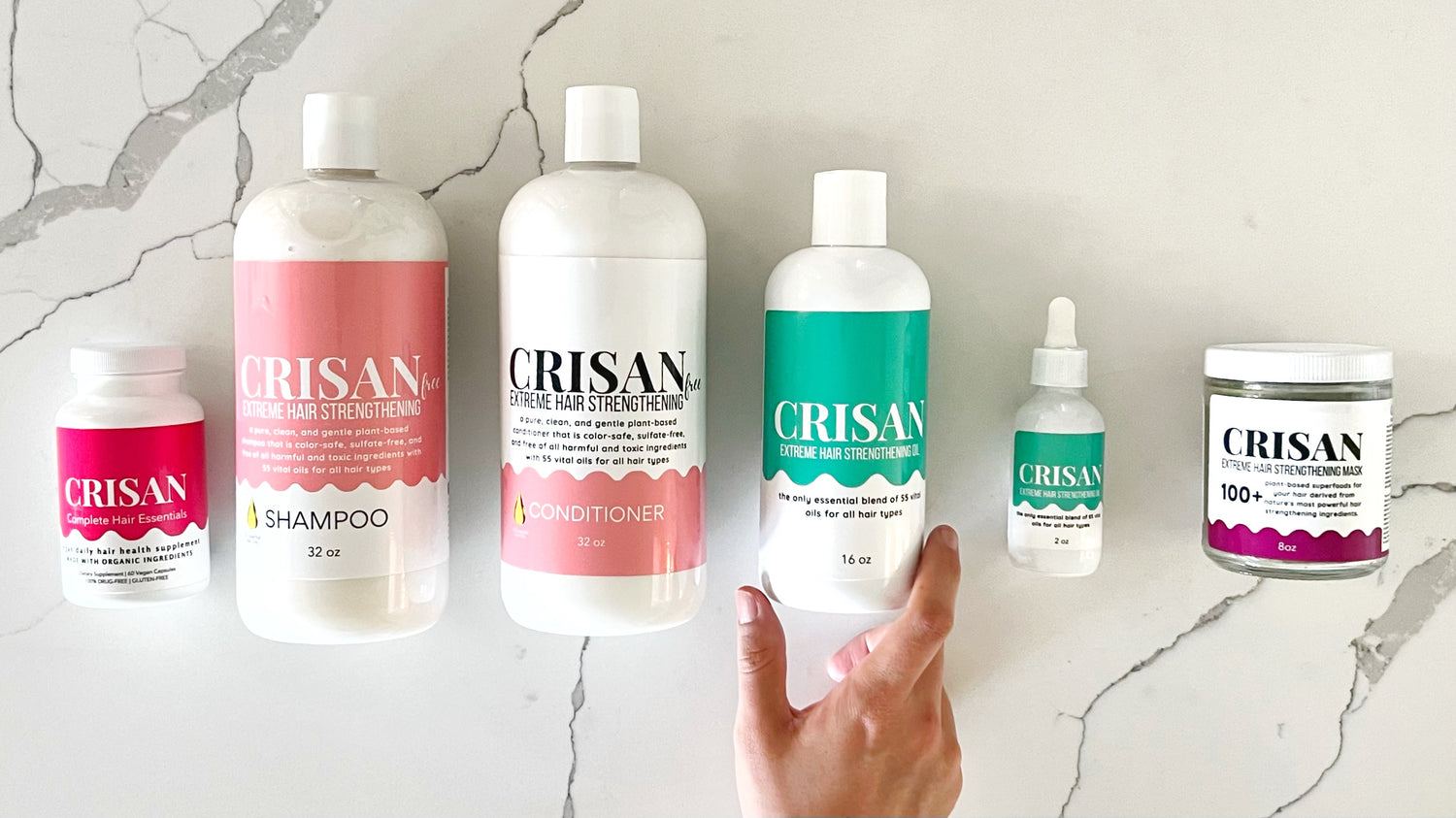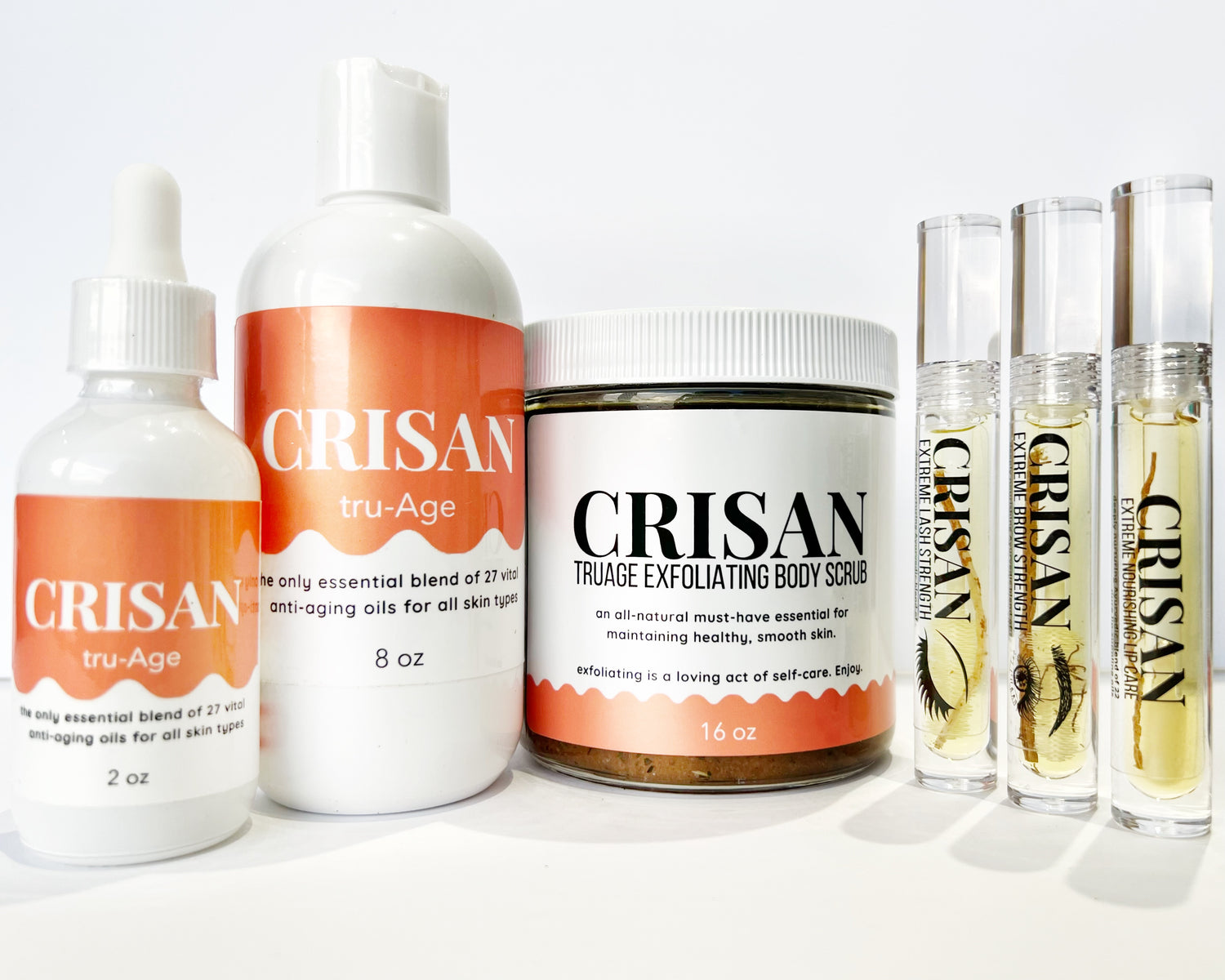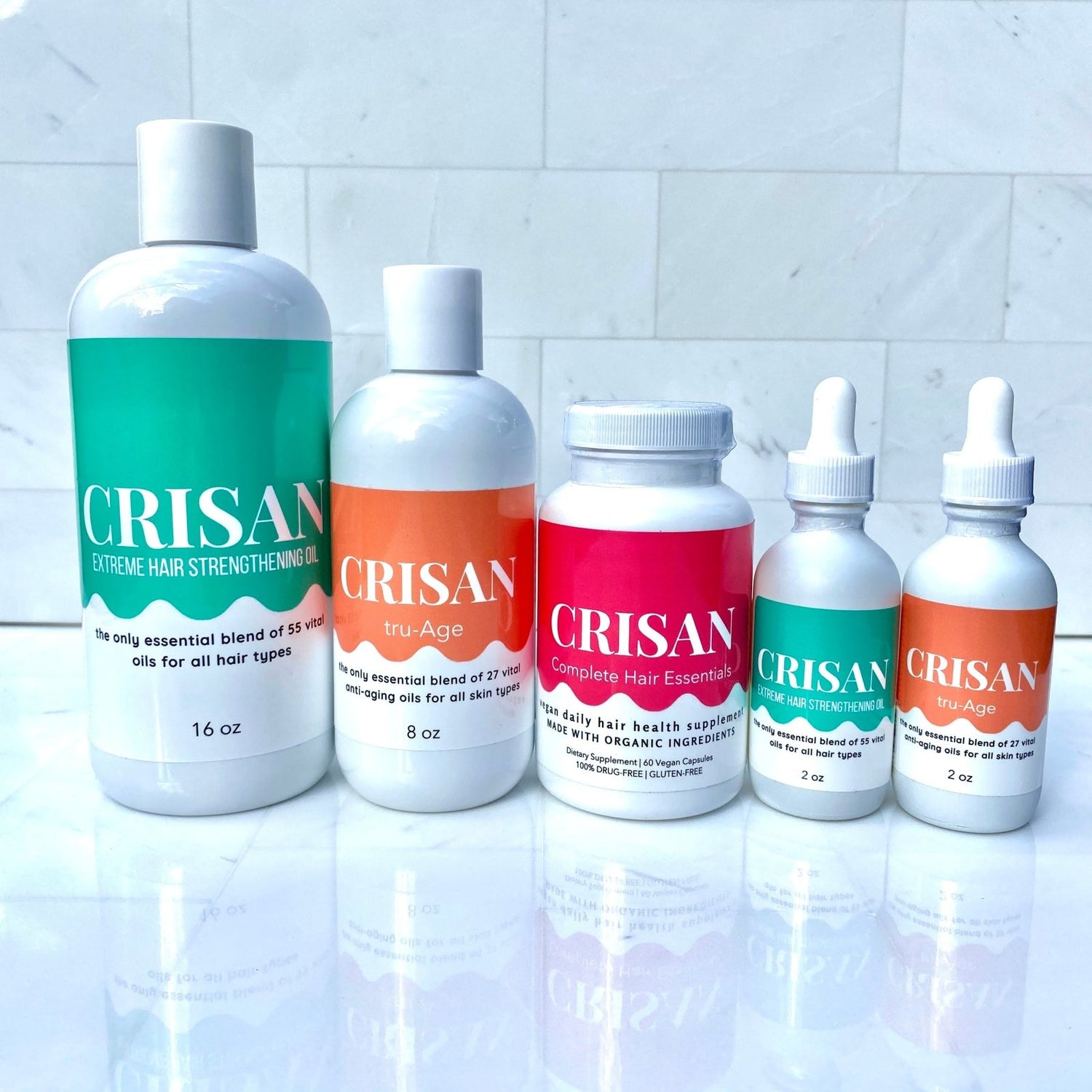Hair thinning can be a frustrating experience for both men and women, driven by factors such as genetics, stress, hormonal changes, and certain medical conditions. While medications and treatments are available, many individuals prefer to explore natural remedies first. In this article, we'll delve into various natural remedies for thinning hair that you can consider in 2024.
Key Takeaways
- Understanding the root causes of hair thinning is essential for effective treatment.
- A nutrient-rich diet plays a crucial role in maintaining healthy hair.
- Herbal remedies like aloe vera, rosemary oil, and ginseng can promote hair growth.
- Scalp care and massage techniques can improve blood circulation and hair health.
- Lifestyle changes such as stress management, adequate sleep, and regular exercise support hair growth.
Understanding the Causes of Thinning Hair
Hair thinning can be a frustrating experience for men and women alike, caused by a variety of factors, including genetics, stress, hormonal changes, and certain medical conditions. While there are medications and treatments available, some individuals prefer to explore natural remedies first. As such, nutritionist Apurwa Agarwal shared “5 natural remedies to cure hair thinning”. Let’s have a look.
Genetic Factors
Genetics play a significant role in hair thinning. If your family has a history of hair loss, you might be more prone to experiencing it yourself. Genetic predisposition can lead to conditions like androgenetic alopecia, which affects both men and women.
Hormonal Changes
Hormonal imbalances, such as those occurring during menopause or pregnancy, can directly contribute to hair thinning. It's important to remain mindful of any underlying health conditions or deficiencies that might exacerbate postmenopausal hair thinning. For instance, nutritional deficiencies such as iron or vitamin D deficiency can amplify hair loss, making it vital to address these potential areas of concern through proper testing and effective intervention.
Lifestyle and Stress
Lifestyle choices and stress levels can significantly impact hair health. High stress can lead to hormonal imbalances that directly contribute to hair thinning. So, finding ways to manage stress can improve your overall well-being and protect your hair health. Additionally, maintaining a balanced diet and avoiding harmful habits like smoking can support hair growth.
Before you begin looking for treatments for your own hair, it’s best to consult a physician in order to understand what’s causing your hair loss or thinning so you’re not taking shots in the dark.
Nutrient-Rich Diet for Hair Health
A wholesome diet filled with nutrients is like tending to a garden – it creates the ideal environment for healthy growth. Protein, essential for building and repairing tissues, is a key component that fortifies hair structure. Sources such as lean meats, fish, beans, and dairy products are excellent options to incorporate into your daily meals. Additionally, iron is vital for hair cell growth, with deficiencies linked to hair loss. Foods rich in iron, including red meat, leafy greens, and lentils, can help combat this issue. Furthermore, vitamins like biotin and vitamin D contribute significantly to hair health and can be found in foods such as eggs, nuts, seeds, and fatty fish. Last but not least, omega-3 fatty acids support scalp health and hair density, making them an important inclusion in your diet.
Herbal Remedies for Thinning Hair
Aloe Vera Benefits
Aloe Vera is renowned for its soothing properties and can be a powerful ally in combating hair thinning. It helps to reduce scalp inflammation and promotes a healthy environment for hair growth. Regular application of Aloe Vera gel can strengthen hair follicles and reduce hair loss. To use, simply apply fresh Aloe Vera gel directly to your scalp and leave it on for about 30 minutes before rinsing. This natural remedy can be a part of your routine on how to use organic herbs for hair thinning.
Rosemary Oil Applications
Rosemary oil is another effective herbal remedy for thinning hair. It has been shown to improve circulation to the scalp, which can stimulate hair growth. To use, mix a few drops of rosemary oil with a carrier oil like coconut or olive oil and massage it into your scalp. Leave it on for at least 30 minutes before washing it out. This method is a great example of how to use organic essential oils for hair thinning.
Ginseng for Hair Growth
Ginseng is a traditional herb that has been used for centuries to promote hair growth. It is believed to increase the dermal cells on the scalp, which strengthens the follicles and roots of the hair. You can find ginseng in various forms, such as supplements, shampoos, and conditioners. Incorporating ginseng into your hair care routine can be a natural way to strengthen thinning hair with organic remedies.
Embracing herbal remedies can be a gentle and effective way to address hair thinning. These natural solutions not only promote hair growth but also improve overall scalp health, making them a valuable addition to your hair care regimen.
Scalp Care and Hair Massage Techniques
Benefits of Scalp Massage
Scalp massage is an appealing hair-growth treatment. It doesn’t involve pills or injections, and it feels good. In fact, it lowers stress hormones, like cortisol. Scalp massages may also promote hair growth by increasing blood flow to the scalp and stimulating hair follicles. Regular scalp massages are not only relaxing but also have potential benefits for improving hair thickness and density, especially in postmenopausal women with thinning hair. By stimulating the scalp through gentle massages, you increase blood flow to the hair follicles, delivering essential nutrients and oxygen that support healthy hair growth.
Techniques to Try
To massage your scalp, use your fingertips, not your fingernails. Move your way across your scalp in small circles, applying light to medium pressure. There’s no specific amount of time to massage. However, in the study above, each scalp massage was given daily for 4 minutes over 24 weeks. Just a few minutes of gentle massage using your fingertips or a soft bristle brush can make a notable difference in promoting a healthier scalp environment. This simple practice can be integrated into your daily self-care routine, providing both physical and emotional benefits.
Using Essential Oils
Here are some scalp massage oils you can use:
- Rosemary oil
- Jojoba oil
- Coconut oil
- Sweet almond oil
- Avocado oil
- Grapeseed oil
- Olive oil
If you're doing the massage, remember to apply gentle pressure. Aggressive rubbing may damage your hair and sensitive scalps. In addition to potential physical benefits, regular scalp massages also help in promoting relaxation and reducing stress levels. This is crucial considering the strong link between stress and hair health.
I get a scalp massage once a week, which helps me relax after a week of work. If you can massage daily, that would be better.
Natural Oils for Hair Strengthening
Coconut Oil
Coconut oil is renowned for its ability to reduce hair protein loss. This can lead to healthier, stronger, and fuller-looking hair. However, it's important to note that coconut oil can clog pores and leave hair feeling greasy. For best results, warm the oil slightly before applying and massage it gently into the scalp. Leave it on for 20 to 30 minutes before shampooing out.
Castor Oil
Castor oil is another excellent option for those looking to strengthen their hair. It is rich in ricinoleic acid, which helps to improve blood circulation to the scalp and promote hair growth. To use castor oil, apply a small amount to your scalp and massage it in circular motions. Leave it on for at least 30 minutes before washing it out.
Argan Oil
Argan oil is often referred to as "liquid gold" for its numerous benefits for hair health. It is packed with antioxidants, essential fatty acids, and vitamin E, which help to nourish and strengthen hair. Apply a few drops of argan oil to your palms and distribute it evenly through your hair, focusing on the ends. This can help to reduce frizz and improve the overall texture of your hair.
For those seeking the ultimate guide to choosing perfect shampoo for thinning hair, combining these natural oils with the right shampoo can make a significant difference. Learn about causes, ingredients, and tips for fuller, healthier locks. Expert advice for dream hair.
Lifestyle Changes to Support Hair Growth
Stress Management
Managing stress is crucial for maintaining healthy hair. Chronic stress can lead to hair thinning and even hair loss. Incorporating relaxation techniques such as meditation, yoga, or deep-breathing exercises can significantly reduce stress levels. By being mindful of your daily habits related to your hair care routine and finding ways to effectively manage stress in your life, you’ll be taking significant steps towards promoting healthier, fuller hair growth while also contributing positively to your overall well-being.
Adequate Sleep
Getting enough sleep is essential for overall health, including hair health. Aim for 7-9 hours of quality sleep each night to allow your body to repair and regenerate. Poor sleep can disrupt the hair growth cycle, leading to thinning hair. Creating a calming bedtime routine and ensuring a comfortable sleep environment can help improve sleep quality.
Regular Exercise
Regular physical activity boosts circulation, which can help deliver essential nutrients to your hair follicles. Exercise also helps reduce stress, which is beneficial for hair health. Aim for at least 30 minutes of moderate exercise most days of the week. Activities like walking, swimming, or cycling can be excellent choices.
Remember, hair health isn’t just about what you put into your body; it’s also about how you treat yourself and the environment you’re in. There are daily habits and stressors that, over time, can impact the vitality and thickness of your hair.
When to Seek Professional Help
Signs to Watch For
Hair loss can greatly impact your mental well-being and self-esteem. If you are concerned about hair loss, especially if you are taking supplements or have made dietary changes and are still losing hair, it may be time to seek professional help. Look out for signs such as sudden or patchy hair loss, or if you notice more hair than usual falling out when you brush or wash your hair.
Consulting a Dermatologist
Scheduling a consultation with a dermatologist can provide you with a comprehensive understanding of your condition. During the consultation, you will get to know your team, help them understand your goals, and learn about the available services and specialties. This personalized approach ensures that your treatment plan is tailored to your specific needs.
Exploring Medical Treatments
Depending on the severity of your condition, treatment may include topical medications, oral supplements, laser therapy, or hair transplant surgery. Medications and hormone therapy are valuable tools in combating hair thinning, but caution and medical advice should guide your decisions when considering these treatments.
Treating the hair as gently as possible can help preserve it and minimize the rate of hair loss. However, sometimes hair loss is inevitable due to age.
If you find yourself struggling with persistent issues that seem too overwhelming to handle alone, it might be time to seek professional help. Our experts are here to provide the support and guidance you need. Don't wait any longer—take the first step towards a better tomorrow by visiting our website today.
Conclusion
In conclusion, addressing hair thinning through natural remedies can be a gentle and effective approach for many individuals. By incorporating practices such as regular hair massages, using nourishing oils, and maintaining a balanced diet rich in essential nutrients, you can support healthier and thicker hair growth. It's important to remember that natural treatments often require patience and consistency, as they may take longer to show results compared to medical treatments. However, the holistic benefits they offer, not just for your hair but for your overall well-being, make them a worthwhile consideration. Always consult with a healthcare professional to determine the best course of action for your specific situation. Embrace the journey towards healthier hair with compassion and care for yourself.
Frequently Asked Questions
What are the main causes of thinning hair?
Thinning hair can be caused by a variety of factors including genetics, hormonal changes, lifestyle factors, and stress. Certain medical conditions can also contribute to hair thinning.
Which vitamins and minerals are essential for hair health?
Vitamins and minerals such as biotin, vitamin E, iron, and zinc are essential for maintaining healthy hair. A balanced diet rich in these nutrients can support hair health.
How can I use aloe vera to promote hair growth?
Aloe vera can be applied directly to the scalp as a gel. It helps to soothe the scalp, reduce dandruff, and unblock hair follicles that may be blocked by excess oil.
What are the benefits of scalp massage for hair growth?
Scalp massage can improve blood circulation to the hair follicles, promote relaxation, and reduce stress. This can create a healthier environment for hair growth.
When should I seek professional help for thinning hair?
If you notice sudden or significant hair loss, bald patches, or if your hair thinning is causing you distress, it is advisable to consult a dermatologist. They can provide a proper diagnosis and recommend appropriate treatments.
Are natural remedies effective for treating thinning hair?
Natural remedies can be effective for some people, but results may vary. It is important to be patient and consistent with treatments. Consulting with a healthcare professional can also provide guidance tailored to your specific needs.


